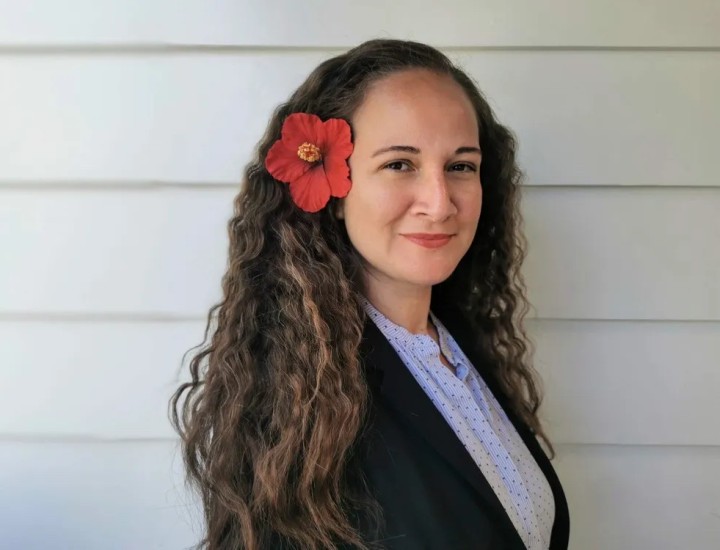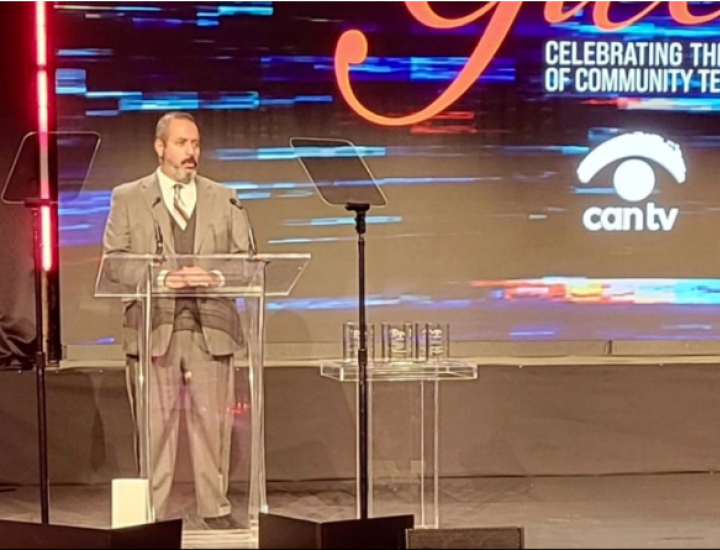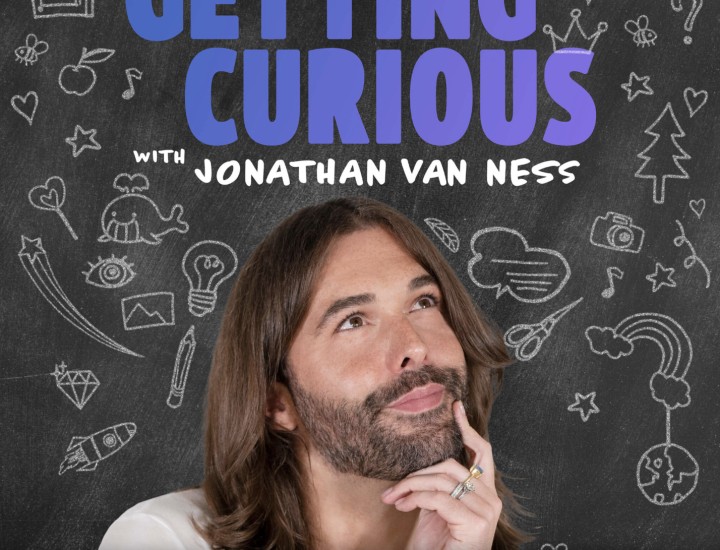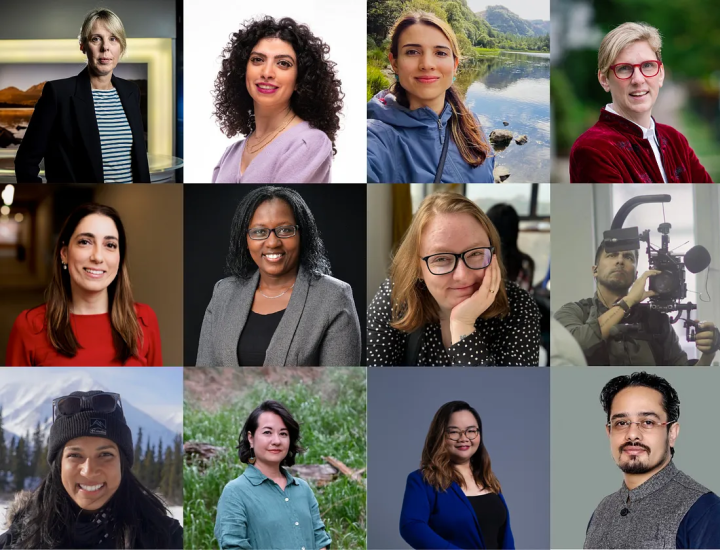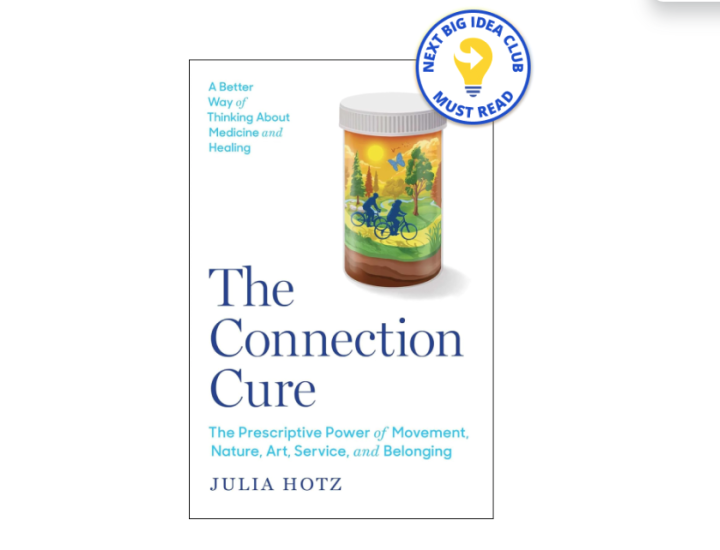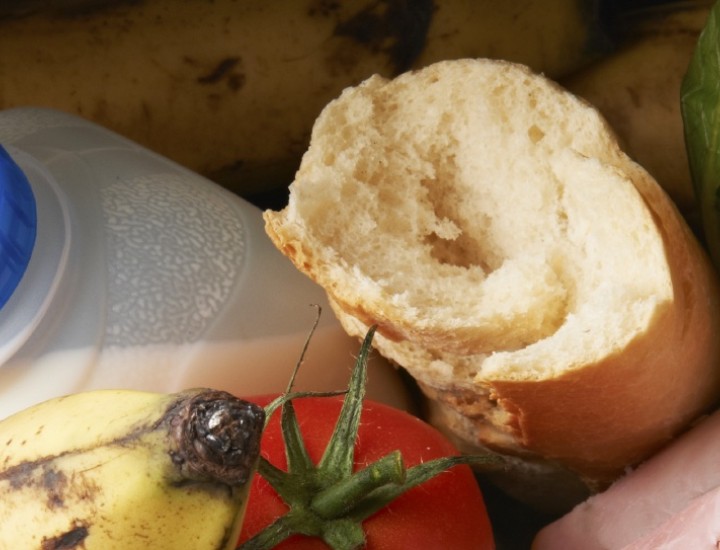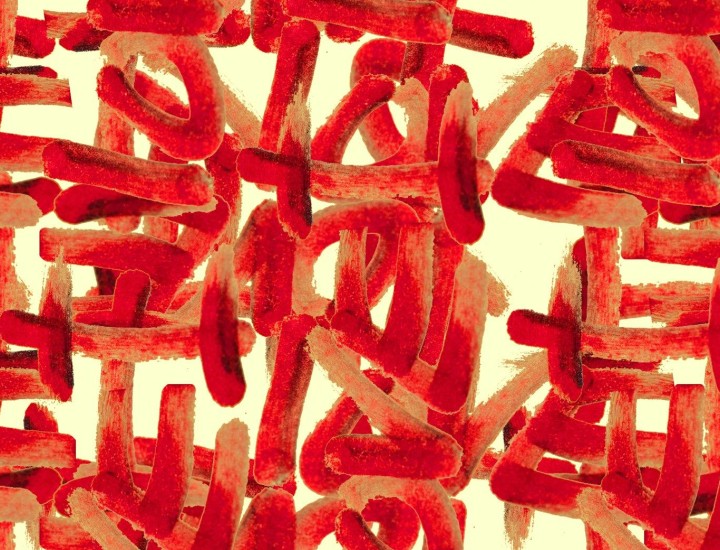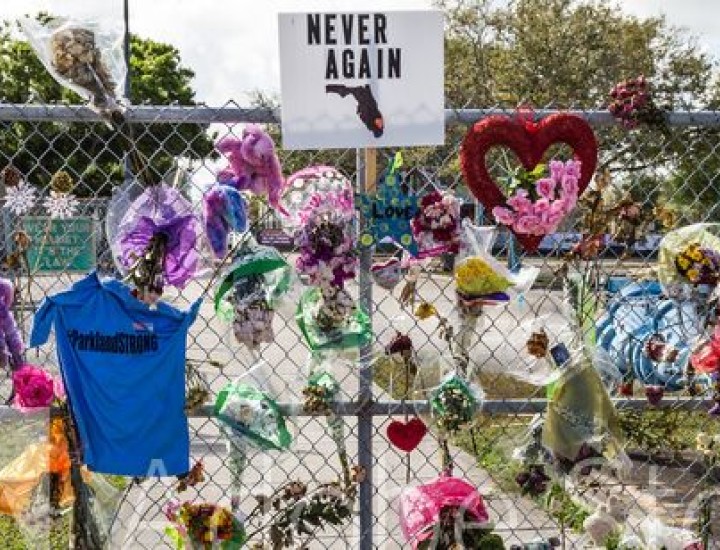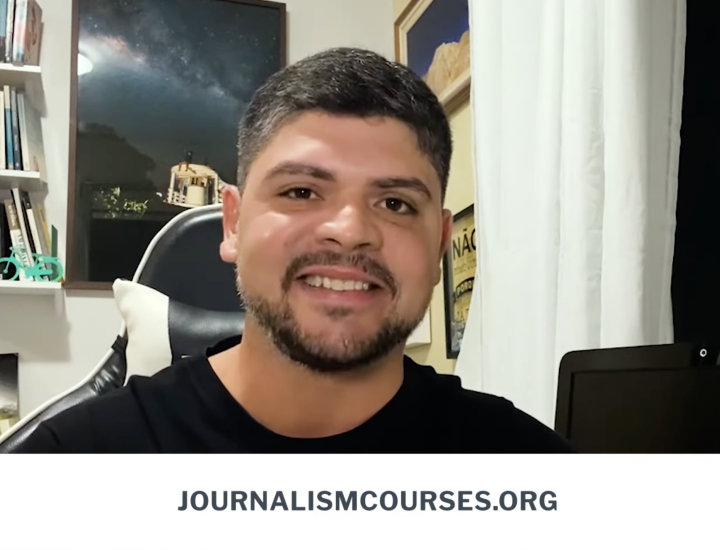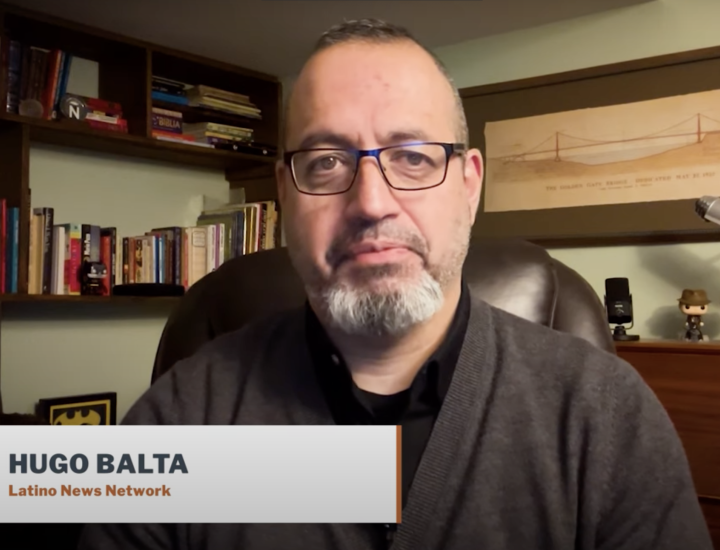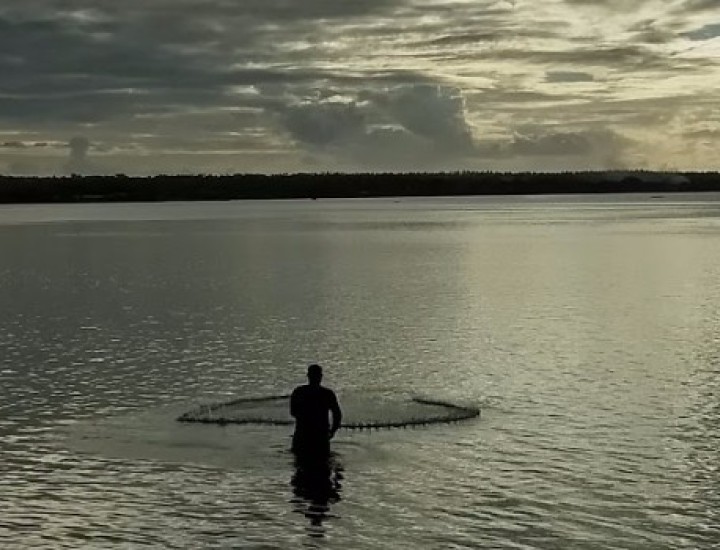Video file
Responses to problems are newsworthy
The Solutions Journalism Network is leading a global shift in journalism focused on advancing rigorous reporting about how people are trying to solve problems and what we can learn from their successes and failures.
Home
Bring solutions journalism to your work
News
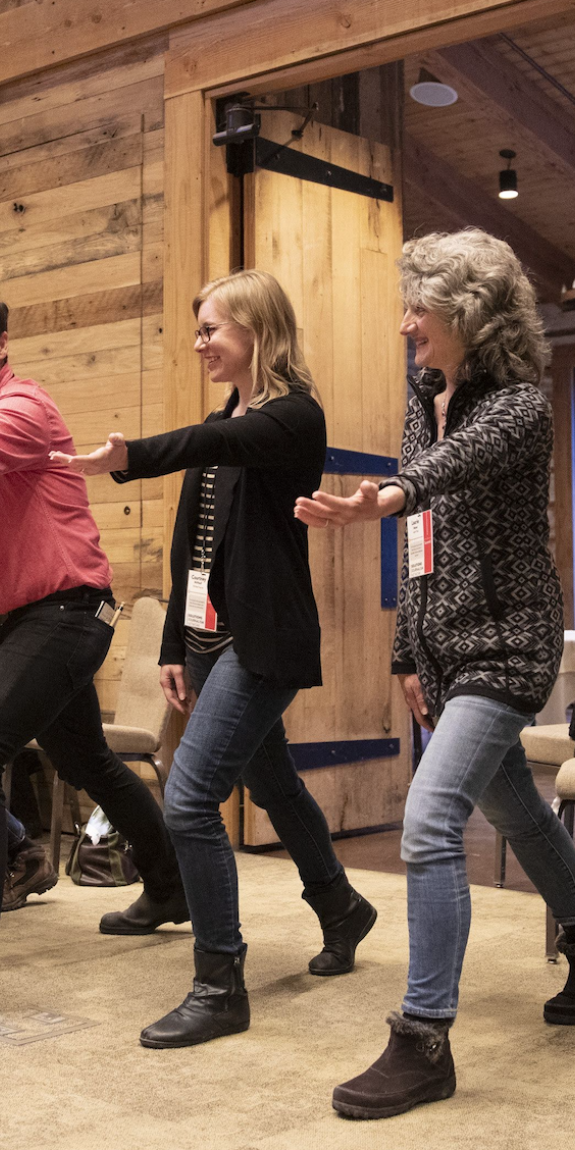
Want solutions journalism in your inbox?
The Solutions Journalism Network offers newsletters for journalists, educators and anyone else interested in how people are responding to problems.
Transforming journalism and communities
The global network is using solutions journalism to strengthen communities, advance equity, build trust and civic engagement, depolarize public discourse and gain new sources of revenue.
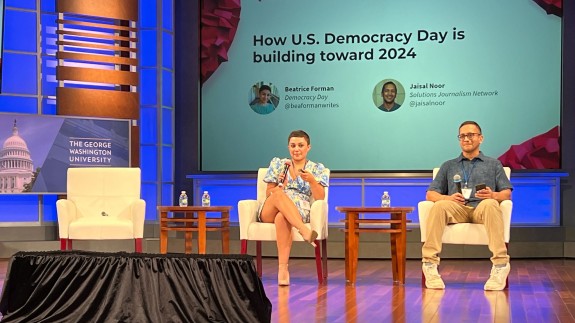
Track your impact
Support your newsroom in articulating and tracking the impact of your solutions journalism.
Press and Media Inquiries
For press and media inquiries, please contact our chief innovation officer, Ambika Samarthya-Howard.
